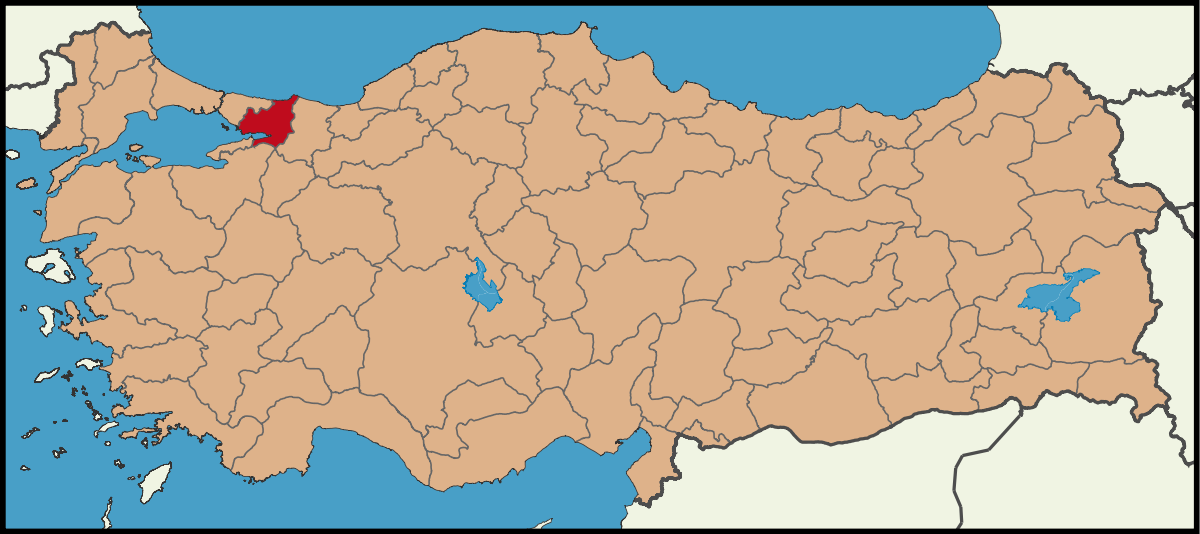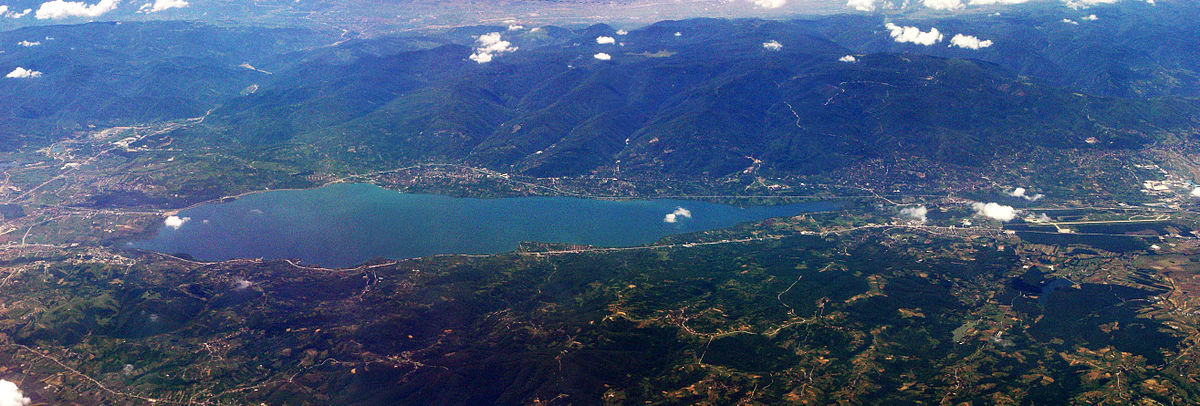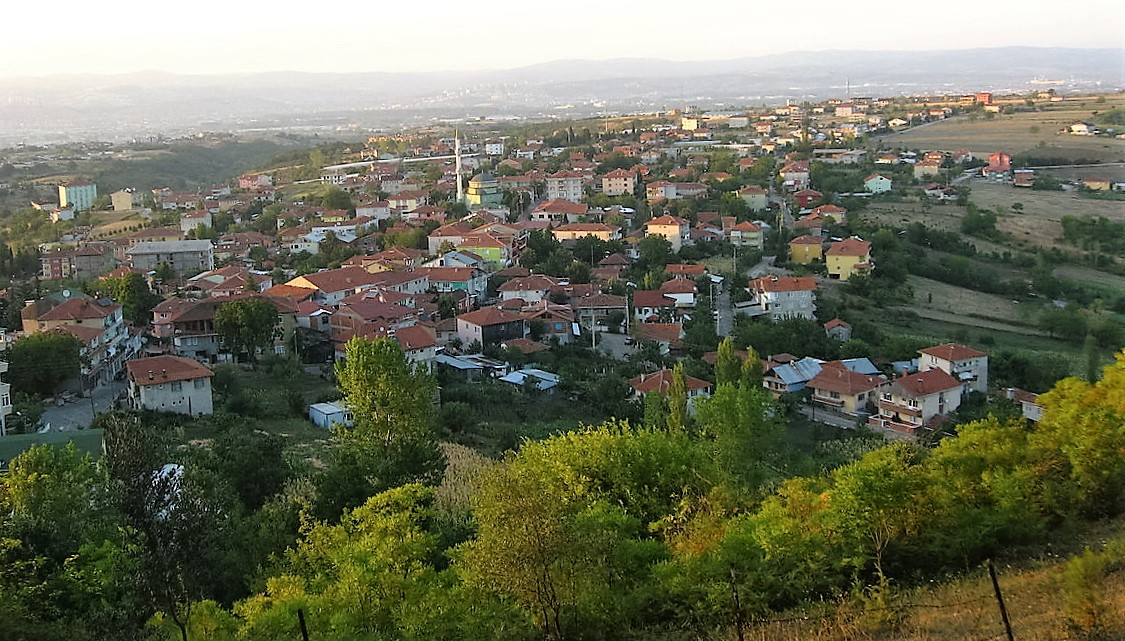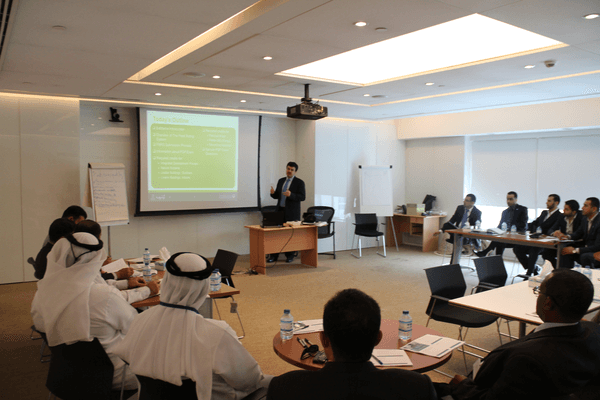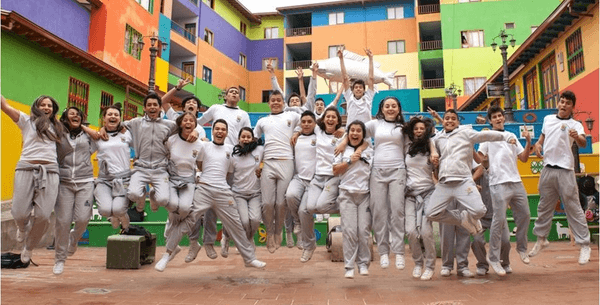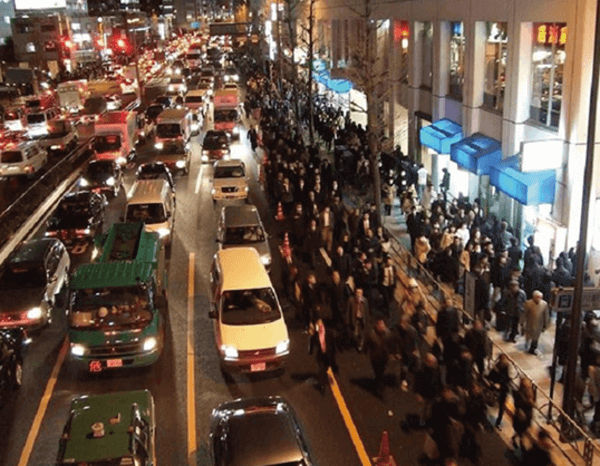City
Kocaeli (Province)
Main actors
City Government, Local Government, National Government, Private Sector, NGO / Philanthropy, Research Institutes / Universities
Project area
Metropolitan Area
Duration
Ongoing since 2012
After the Marmara earthquake in 1999, the City of Kocaeli decided that living with risk cannot be business as usual. The city is using risk mapping to revisit its development priorities. Moreover, the city is engaging the community in innovative public awareness efforts.
Kocaeli has in the recent past suffered from a severe earthquake, which destroyed great parts of the city and region, killing some 18,000 people and wounding numerous others out of a total population of some 1.6 million. As a result, the city decided to engage various planing, research and education activities to reduce its vulnerability. To this end, it established a new programme entitled “Prepare before it’s too late” which started in early 2012. It combines two distinct but complementary strands in a single centre. The first is a comprehensive seismological monitoring facility through which data is collected and risks are analysed ("the centre"). The second is a broad-based citizen education component.
One specific innovation is the way the programme coordinates the emergency management agencies, including NGOs, universities, research centres, and local government agencies. The education component focuses particularly on children, with the use of theatre in primary schools as an imaginative way of raising the awareness of youngsters. Since January 2012 the initiative has reached more than 20,000 students, including 500 disabled children, and over 3500 people have visited the centre. The innovative approach aims also to be a source of learning and replication by other municipalities and their partners, and has already led to interest from other cities.
Guangzhou Award
This project was awarded the 'Guangzhou Award' in 2012.
External links / documents
On Map
The Map will be displayed after accepting cookie policy
